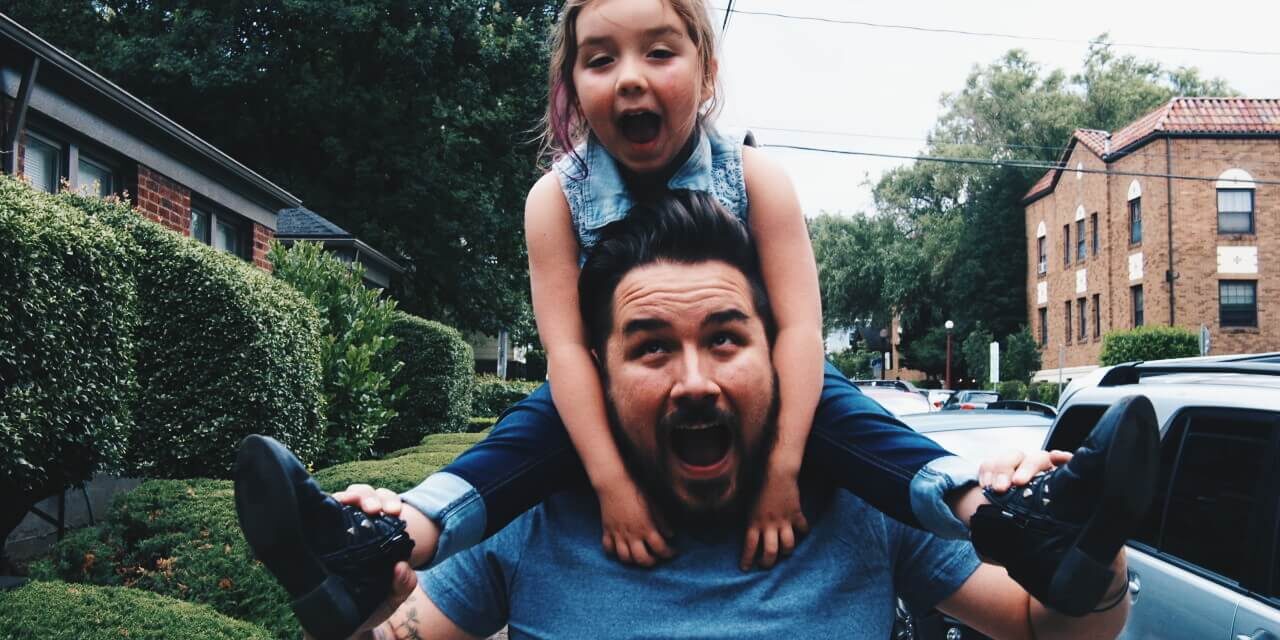A non-biological, non-adoptive parent who has acted in a parental role may be considered a de facto parent. As defined by the Massachusetts courts, a de facto parent is “one who has no biological relation to the child but has participated in the child’s life as a member of the child’s family. The de facto parent resides with the child and, with the consent and encouragement of the legal parent, performs a share of caretaking functions at least as great as the legal parent.”
Currently, there is no Massachusetts statute regarding visitation or custody rights for de facto parents, nor any statute which controls non-biological parents’ visitation rights in general. In some cases, Massachusetts courts have allowed limited recognition of de facto parents as a basis for visitation, but not custody.
There have been documented cases granting visitation to de facto parents. As with any case involving children, the court rule will regard what is in the child’s best interest. If you can prove you took on the role of parent on a day-to-day basis—you have lived with the child, participated in the child’s life, and taken care of the child in a significant way—the court may grant you visitation rights if it is in the best interests of the child, even if the legal parent disagrees.
In the event that living with the biological parent is not in the child’s best interest, the birth parent has passed away or deserted the child, or the court finds the biological parent unfit, a de facto parent may request custody or guardianship.
Issues surrounding de facto parents can be highly complex, and anyone seeking visitation as a a non-biological parent should receive competent legal advice. If you have questions about these issues, please contact me at (508) 752-2727 to schedule a consultation.


